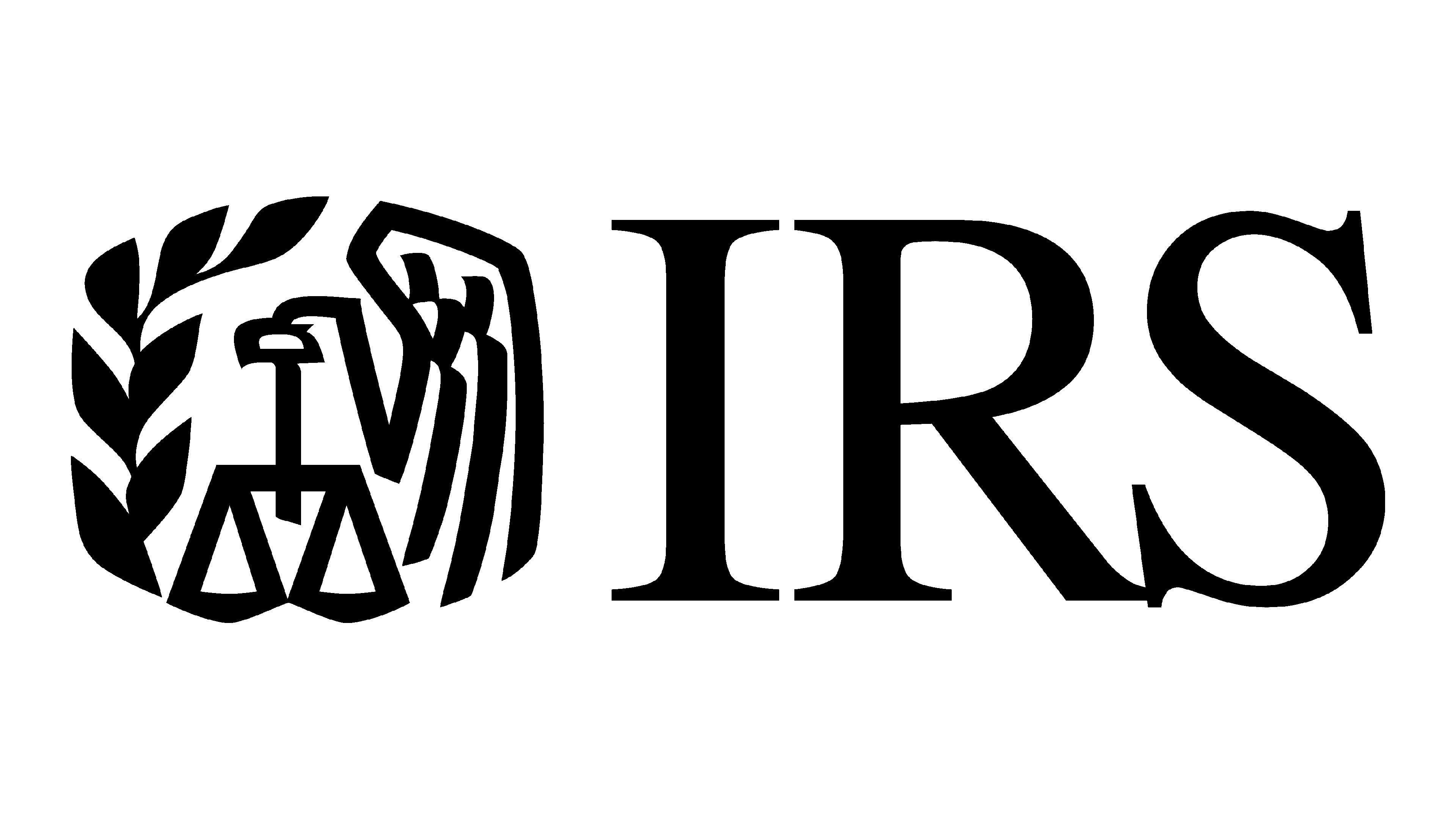[fusion_builder_container hundred_percent=”no” equal_height_columns=”no” menu_anchor=”” hide_on_mobile=”small-visibility,medium-visibility,large-visibility” class=”” id=”” background_color=”” background_image=”” background_position=”center center” background_repeat=”no-repeat” fade=”no” background_parallax=”none” parallax_speed=”0.3″ video_mp4=”” video_webm=”” video_ogv=”” video_url=”” video_aspect_ratio=”16:9″ video_loop=”yes” video_mute=”yes” overlay_color=”” video_preview_image=”” border_size=”” border_color=”” border_style=”solid” padding_top=”” padding_bottom=”” padding_left=”” padding_right=””][fusion_builder_row][fusion_builder_column type=”1_1″ layout=”1_1″ background_position=”left top” background_color=”” border_size=”” border_color=”” border_style=”solid” border_position=”all” spacing=”yes” background_image=”” background_repeat=”no-repeat” padding_top=”” padding_right=”” padding_bottom=”” padding_left=”” margin_top=”0px” margin_bottom=”0px” class=”” id=”” animation_type=”” animation_speed=”0.3″ animation_direction=”left” hide_on_mobile=”small-visibility,medium-visibility,large-visibility” center_content=”no” last=”no” min_height=”” hover_type=”none” link=””][fusion_text]Financial hardship can often cause families to miss debt payments. When this happens, creditors hire companies called debt collectors to help them get their money back. Debt collectors are tasked with contacting debtors and encourage them to pay.
|
Sponsored Benefit If you are struggling with debt, there are advocates who are waiting to help. Debt consolidation options and services available. |
When debtors are unavailable, debt collectors often contact family members and friends. Although they are legally allowed to do so, there are limits on what they can say. In this article, we explain what to do if debt collectors start calling your family.
Calling family members
Companies and financial institutions hire debt collectors to make people pay owed money. To make this happen, debt collectors use a wide range of strategies, including mailing and phoning debtors. However, debt collectors can also contact family members and relatives if they are unable to find a debtor. Some debt collectors also call friends and co-workers if needed.
|
Sponsored Benefit If debt collectors are calling already, that could mean trouble is coming. But it could mean they are ready to negotiate with you. Don’t go at it by yourself. Your next step could mean the difference between getting out of debt or getting further into it from fees and deferred payments. Let the professionals negotiate on your behalf. |
However, federal law establishes many limits as to what information debt collectors can request from family members, friends and co-workers, as well as how often they can be contacted. Those limits were put in place by Congress in 1977 as part of the Fair Debt Collections Practices Act, which amended the Consumer Credit Protection Act of 1968.
Before the Fair Debt Collections Practices Act became law, many debt collection agencies engaged in abusive and deceptive practices. For example, agencies refused to cease communication with consumers after receiving written notice to stop. Agents were often told to deceit customers by posing as attorneys, law enforcement officers, or threaten them with reporting false information to credit agencies.
Nowadays, debt collection agencies cannot engage in any of these practices without facing severe legal consequences. They must call customers between 8:00 am and 9:00 pm unless they have unusual working schedules, to which debt collectors must adapt. Also, they must identify themselves as debt collectors, provide name and address of the original creditor as well as proof of debt. In most cases, debt collectors must inform customers about their right to dispute debt. Attorneys and law firms acting as debt collectors are also subject to additional restrictions.
Debt collectors are only allowed to contact family members, friends and relatives when debtors cannot be reached. Once a collector has managed to contact a customer at least once, calling any other person is forbidden unless they have received permission or instructions to do so. If they were unable to reach a customer, calling someone else can be done once and only to inquire about the customer’s whereabouts.
What they can say
The Fair Debt Collections Practices Act also limits what debt collectors can say to family members, relatives and co-workers when contacting them. In general, they are only allowed to request or confirm debtors’ contact information. However, they must identify themselves as debt collectors and provide information about which creditor hired them, if family members request it.
If a debt collector reasonably believes the information provided by a family member is erroneous or incomplete, they can call family members more than once. However, calling again is only allowed if debt collectors believe the family member or relative has correct information.
The Consumer Financial Protection Bureau (CFPB) restricts discussions about debt to customers and their spouses. If a customer has hired an attorney to represent them regarding debt, collectors are also allowed to contact them instead. If a customer is placed under forced legal representation, debt collectors can contact the guardian, executor or administrator in charge.
Although most debt collectors have adapted to the Fair Debt Collection Practices Act, violations of its rules still happen quite often. Before 2010, families who were targeted by deceptive or abusive practices could file a complaint with the Federal Trade Commission. However, after the Dodd-Frank Act was passed, these responsibilities were moved to the Consumer Financial Protection Bureau.
The Fair Debt Collection Practices Act is a strict liability law. This means consumers are not required to prove damages when filing a complaint in order to receive compensation. Consumers can request up to $1,000 in statutory damages plus attorney fees if a debt collector is proven to have violated the law. Also, consumers can file private lawsuits in state or federal courts if needed to make aggressive debt collectors stop.
However, contacting the CFPB or state courts should only be done in legitimate cases. Consumers who file claims or lawsuits in bath faith or as harassment may pay damages to debt collectors. In some cases, debt collectors can prove their violations to be unintentional. If that happens, the claim or lawsuit will be closed with no action.

2023
Tax Forgiveness
We know how challenging it can be to pay off your tax debt.
The IRS just announced the 2023 Fresh Start Program, to qualify more people for tax relief!
How to file a complaint against a debt collector
If someone believes a debt collector has violated the law, they can file a complaint with the CFPB. The government agency has an online form and phone number customers can use to report violations.
It is important that customers have relevant documents when they decide to file an online complaint against a debt collector. In general, the CFPB requires detailed information about how and when a debt collector violated the Fair Debt Collection Practices Act before action is taken. This includes letters received from debt collectors, records of phone conversations, billing statements and emails.
The CFPB only allows one complaint per issue, so customers must make sure to submit all relevant information. Otherwise, they may see their case dismissed due to lack of evidence. Customers who submit a complaint through a phone call often receive guidance from agency employees to make sure they have required paperwork.
If contacting the CFPB is not an option, customers can also sue debt collectors in a state or private court. The Fair Debt Collection Practices Act is the most commonly enforced law, but debt collectors must also comply with state and local legislation that regulate debt collection, unfair or deceptive practices.
Customers who sue debt collectors can be represented by a private or state attorney, whose fees will be included in the lawsuit as damages. However, if the case involves a small amount of money, customers can choose to represent themselves instead. Most states have small claim courts which are often designated to handle disputes below a certain amount of money. These courts have lower fees and streamlined procedures designed to handle cases faster.[/fusion_text][/fusion_builder_column][/fusion_builder_row][/fusion_builder_container]




